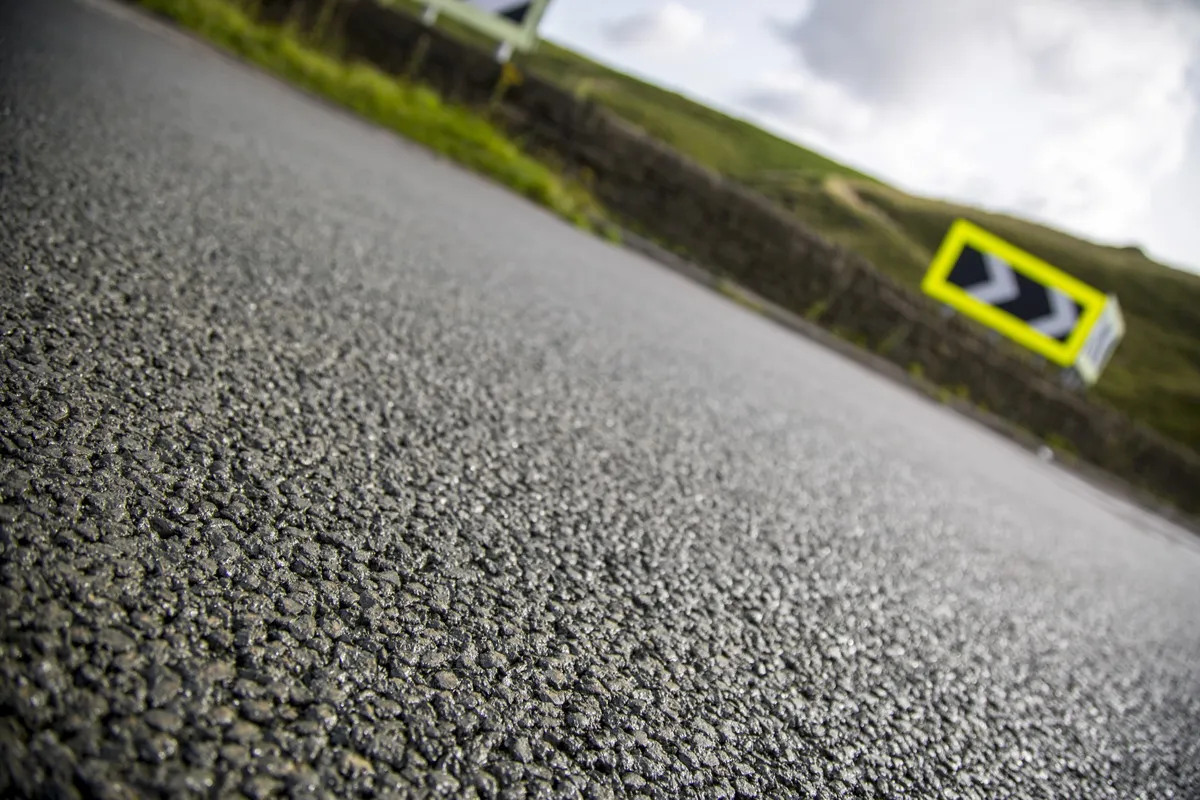TRL has won a research grant package from Qatar focussing on recycled materials. The 6th Qatar National Research Fund (QNRF) Forum (14th May) has been awarded a research grant under the seventh cycle of its National Priorities Research Program (NPRP). The research will focus on the innovative use of recycled aggregates in construction, with the project commencing in autumn 2014 and lasting three years.
Maximising the use of recycled and secondary aggregates is a priority to meet the demand for aggregates i
May 20, 2014
Read time: 2 mins
Maximising the use of recycled and secondary aggregates is a priority to meet the demand for aggregates in Qatar in the years leading up to the 2022
In particular, the performance of recycled aggregates in a range of applications will be monitored and the results publicised. In addition, a targeted programme of training and dissemination will be carried out to ensure that construction professionals in Qatar are aware of recycled aggregates and feel confident in their use. Specific technical aspects will be investigated, including a water footprinting study on aggregate use in Qatar.
The project team will also be working with other government departments and industry to improve the management of construction waste and reduce the amount disposed to landfill. The work supports the energy and environment pillar of the Qatar National Research Strategy and the Qatar National Vision 2030.







